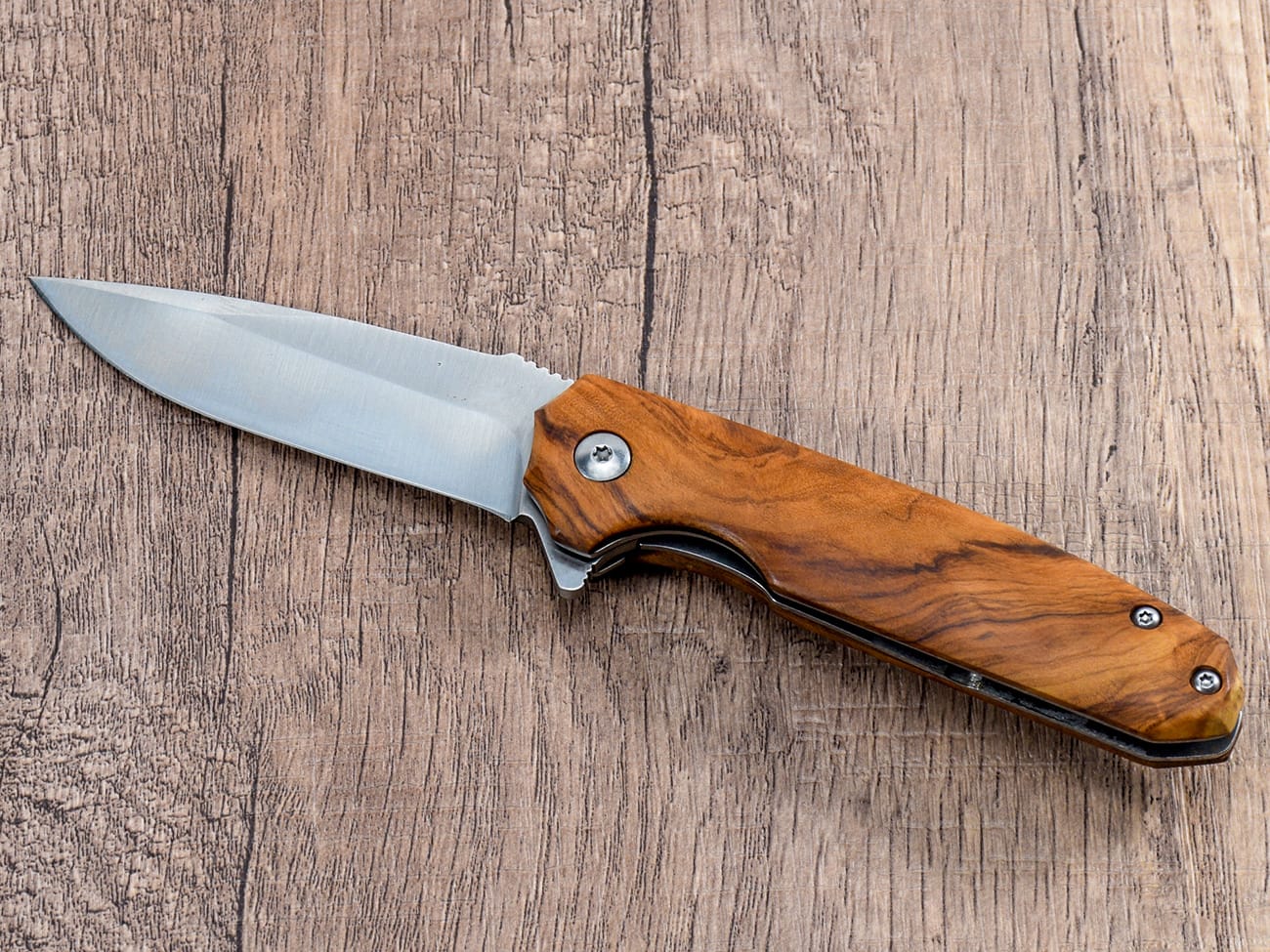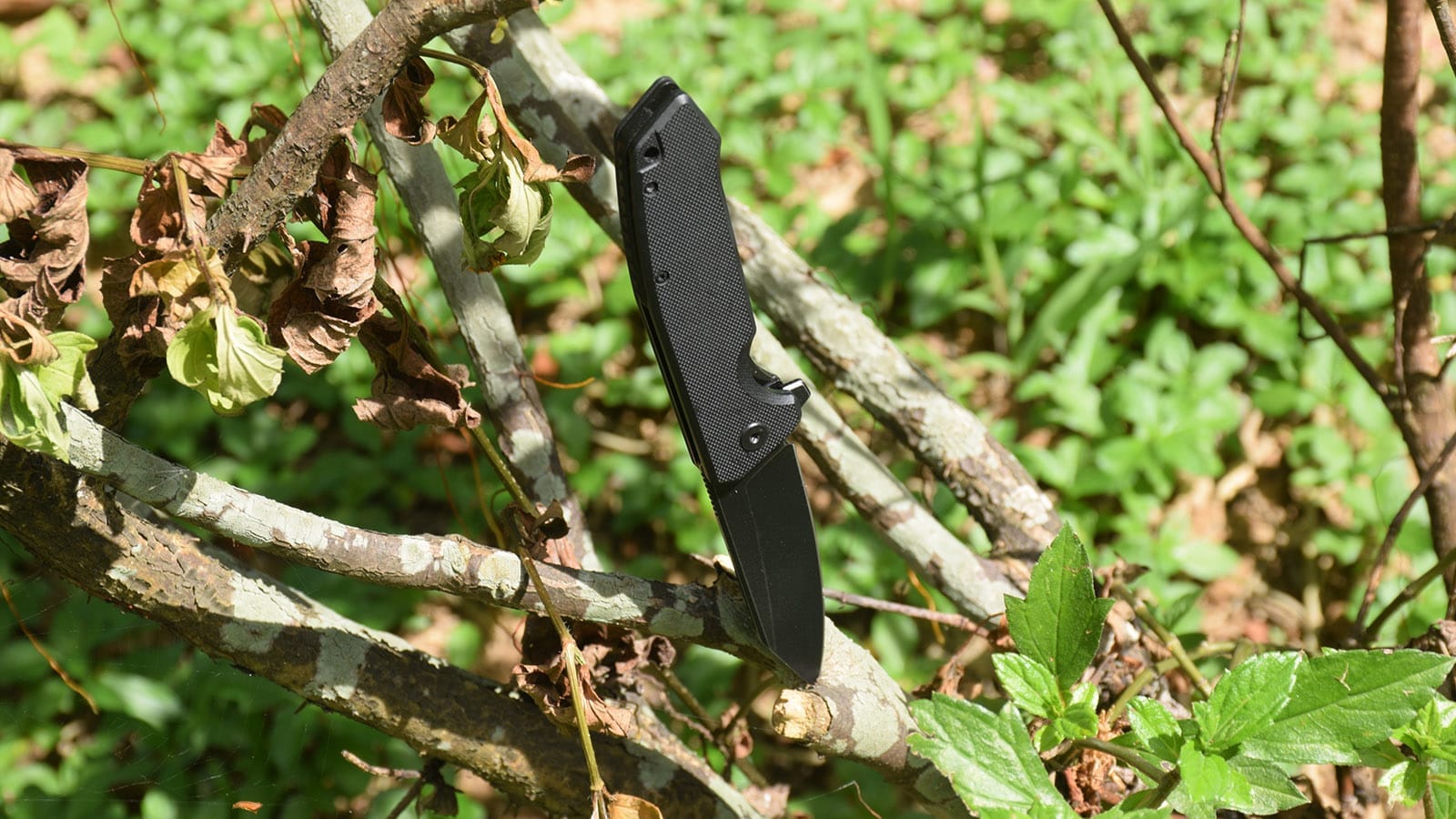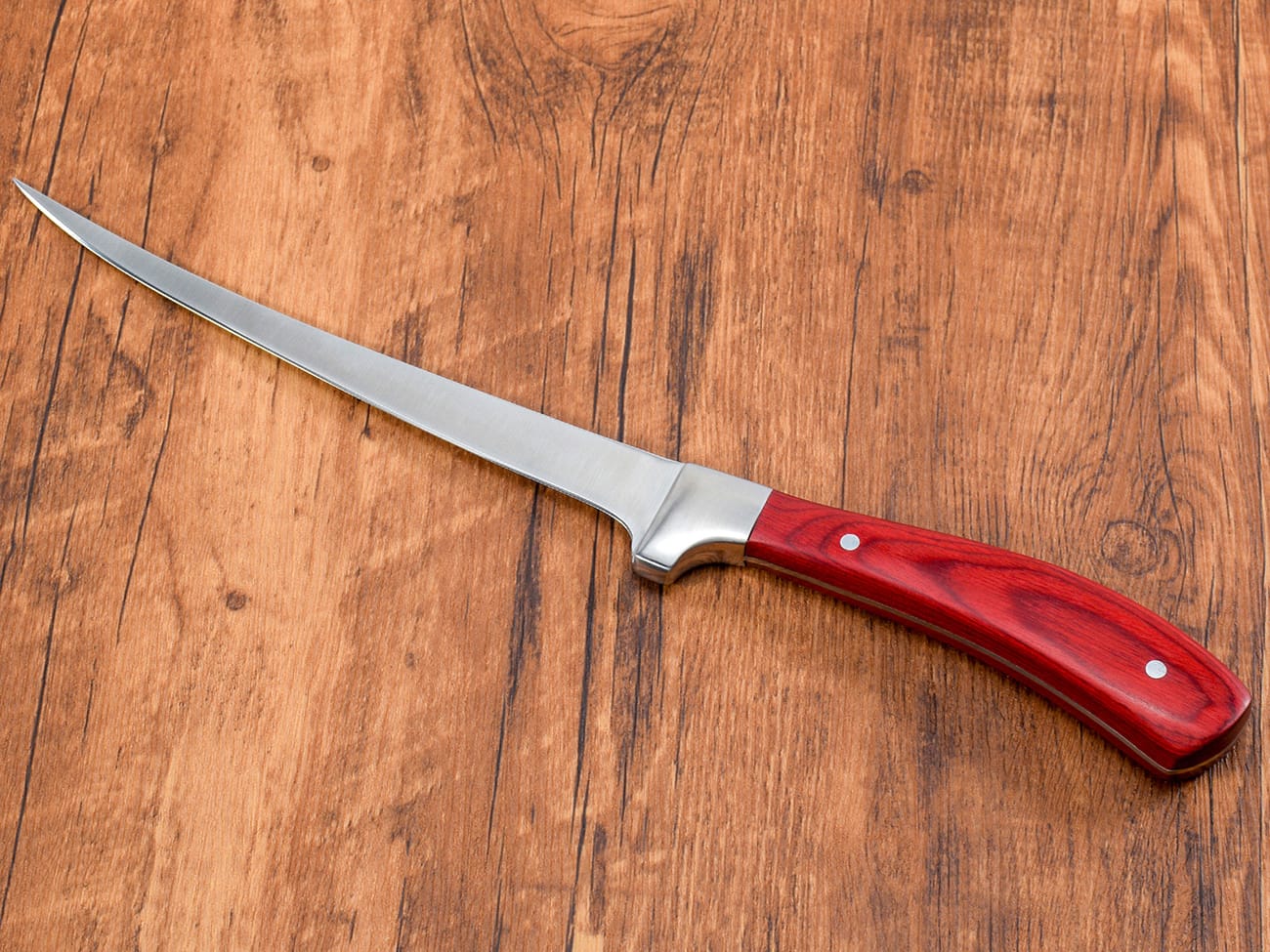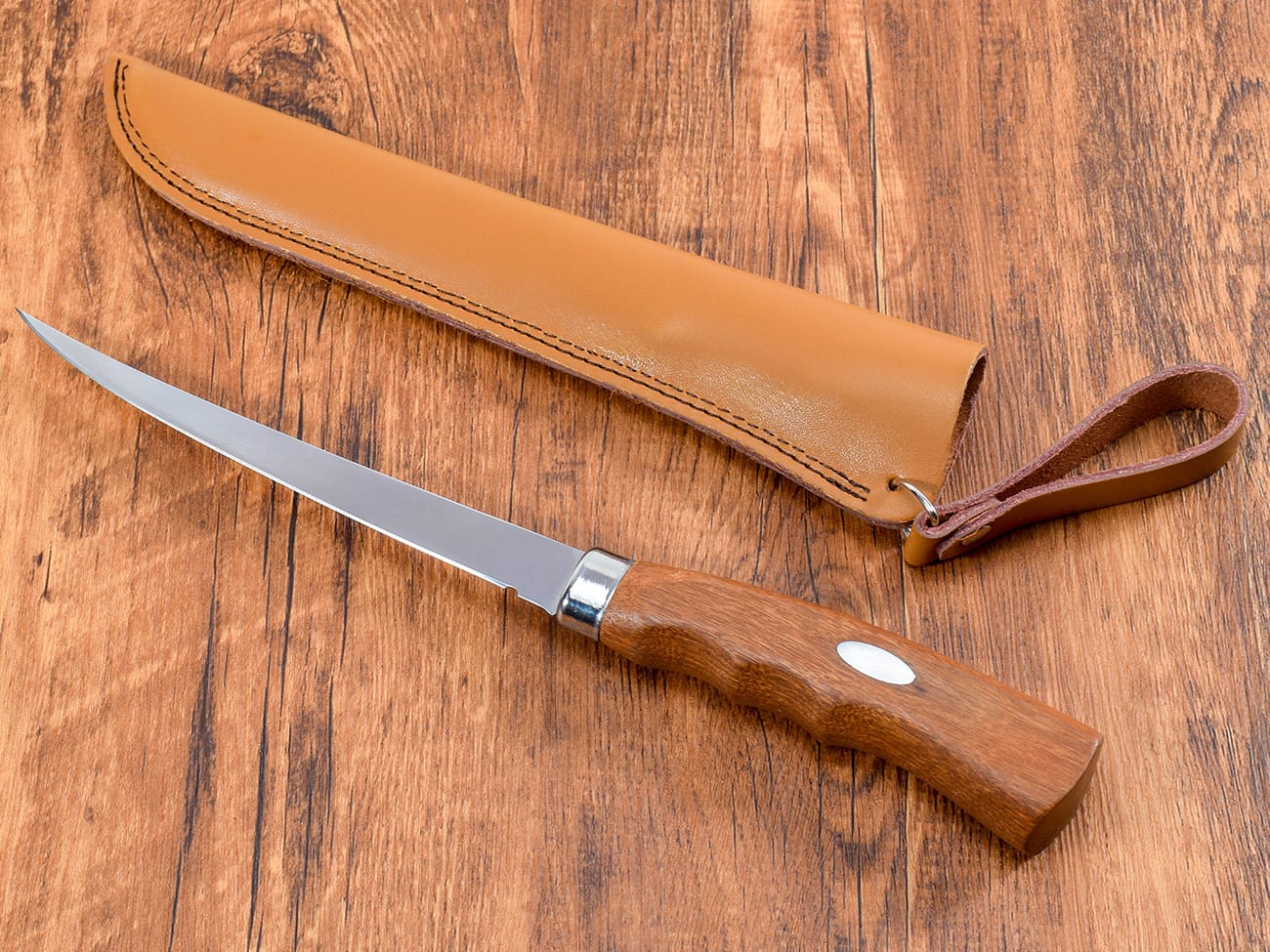Carrying a pocket knife is a common practice for many people, whether for utility, self-defense, or as part of their everyday carry (EDC) gear. However, the question often arises: “Is it legal to carry a pocket knife?” Knife laws vary significantly depending on your location, the type of knife, and the circumstances under which you’re carrying it, making it a complex topic worth exploring. This article is your comprehensive guide to understanding the legalities of carrying a pocket knife and how to stay on the right side of the law.If you’ve ever wondered about the rules surrounding pocket knives, this article is for you. Let’s dive in and demystify knife laws once and for all.
Table of Contents
1. What Are Knife Laws, and Why Do They Exist?
Knife laws, also known as knife carry laws, are regulations that govern the possession, carrying, and use of knives, including pocket knives, folding knives, and fixed blade knives. These laws exist to ensure public safety while allowing responsible individuals to carry knives for legitimate purposes.In most cases, knife laws aim to strike a balance between personal freedom and public safety. For example, while you might use a knife for camping or everyday tasks, authorities want to ensure knives aren’t used as weapons in public spaces. Understanding these laws is crucial for all knife owners.
Key Terms to Remember:
- Pocket knife – A small, foldable knife designed for portability.
- Fixed blade knife – A knife with a blade that does not fold.
- Blade length – A key factor in determining whether a knife is legal to carry.
2. Are All Types of Knives Legal to Carry?
Not all knives are created equal when it comes to legality. Certain types of knives, such as switchblades, gravity knives, or ballistic knives, are often heavily restricted or outright banned in many states and countries. These knives are considered more dangerous due to their design or ease of use as a weapon.On the other hand, folding knives, such as Swiss Army knives, are generally permitted because they are primarily used for utility purposes. However, even folding knives may be subject to restrictions based on their blade length or whether they are carried openly or concealed.
Examples of Common Knife Types:
| Type of Knife | Legality (Varies by State) |
| Pocket knife | Generally legal, with blade length limits |
| Fixed blade knife | Legal if openly carried in many places |
| Switchblade | Often restricted or banned |
| Butterfly knife | Restricted in some jurisdictions |
| Automatic knife | May require special permits |
3. What Is the Legal Blade Length for Carrying Knives?
One of the primary factors determining whether a knife is legal to carry is its blade length. Many jurisdictions have laws that specify the maximum blade length allowed for carrying a knife in public.For example:
- In California, a folding knife with a blade under 2.5 inches in length is generally legal to carry concealed.
- In Texas, a knife with a blade up to 5.5 inches can be carried without restrictions.
However, knives with blades longer than these specified limits may require special permits or may need to be carried openly. Always check your state law or local regulations for specifics.
4. Is It Legal to Carry a Knife Concealed?
The legality of conceal carry for knives is another critical consideration. Carrying a knife concealed means it is hidden from plain sight, such as in your pocket or bag. Many jurisdictions have stricter rules for concealed knives than for knives carried openly.For example:
- In some states, it is legal to carry a folding knife concealed, but carrying a fixed blade knife concealed may be prohibited.
- Carrying a knife concealed may also require a permit in certain areas.
If you’re unsure about whether you can carry a concealed knife, it’s best to consult local laws or avoid carrying the knife altogether.
5. What Does “Open Carry” Mean for Knives?
Open carry refers to carrying a knife in a way that is visible to others, such as on a belt sheath or clipped to the outside of a pocket. Open carry laws are often more lenient than those for concealed knives because the knife is not hidden and is less likely to be perceived as a threat.For instance:
- In California, fixed blade knives must be carried openly to comply with the law.
- In Texas, you may openly carry large knives like bowie knives or machetes, provided they are not prohibited in certain locations.
Benefits of Open Carry:
- Easier to comply with laws in most states.
- Reduces suspicion or legal trouble when interacting with law enforcement.

Image: A pocket knife with a wooden handle and sanded blade.
6. Are Knife Laws Different in Every State?
Yes, knife laws vary widely from state to state and even between cities within the same state. For example:
- In California, knives with blades longer than 2.5 inches are restricted in certain public spaces.
- In New York, gravity knives and switchblades are prohibited.
- In Texas, most knives are legal to carry openly, but there are restrictions on carrying knives in certain locations like schools or government buildings.
Because of these variations, knife owners must familiarize themselves with the specific laws in their state or city.
7. What Are Some Common Restrictions on Knives?
While the rules differ by location, there are some common restrictions that knife owners should be aware of:
- Schools and government buildings: Carrying knives is often prohibited in these areas.
- Blade length limits: Many states have limits on the maximum blade length for knives carried in public.
- Concealed carry permits: Some states require permits for carrying certain types of knives concealed.
- Prohibited knives: Automatic knives, ballistic knives, and switchblades are often banned.
It’s essential to research the specific restrictions in your area to avoid legal trouble.
8. Is It Legal to Carry a Pocket Knife for Self-Defense?
Using a pocket knife for self-defense is a gray area in many jurisdictions. While carrying a knife for utility purposes is generally acceptable, using a knife as a weapon can lead to legal problems.Some key points to consider:
- Carrying a knife for self-defense may be viewed as carrying a weapon, which can lead to stricter legal scrutiny.
- If you use a knife in self-defense, you may need to prove that it was necessary and that you acted in accordance with the law.
It’s always a good idea to consult local regulations and, if possible, carry other non-lethal self-defense tools to avoid complications.
9. What Happens If You Violate Knife Laws?
Violating knife laws can result in severe consequences, including:
- Fines: Monetary penalties for carrying an illegal knife.
- Confiscation: Law enforcement may confiscate your knife if it’s deemed illegal.
- Criminal charges: In some cases, carrying an illegal knife can result in misdemeanor or felony charges, leading to jail time.
To avoid such outcomes, always ensure your knife complies with local laws.
10. How Can You Stay Compliant With Knife Laws?
Here are some tips to ensure you stay on the right side of the law when carrying a knife:
- Research Local Laws: Knife laws can be complex, so make sure you understand the rules in your area.
- Choose the Right Knife: Opt for a pocket knife or folding knife with a legal blade length.
- Avoid Prohibited Areas: Do not carry knives in locations where they are restricted, such as schools or airports.
- Carry Openly if Required: If local laws require open carry, ensure your knife is visible and properly secured.
Internal Resources:
- Learn more about different types of pocket knives here.
- Explore folding knives and their features here.
- Discover high-quality pocket knives for everyday carry here.
Key Takeaways: Is It Legal to Carry a Pocket Knife?
- Knife laws vary by state and city, so research local regulations before carrying a knife.
- Blade length and the type of knife are significant factors in determining legality.
- Open carry is often more lenient than concealed carry, but restrictions apply in certain areas.
- Always use knives responsibly and avoid carrying them in prohibited locations.
By understanding the laws and following these tips, you can enjoy the convenience of your pocket knife without getting into legal trouble. Stay informed, stay safe, and carry responsibly.




